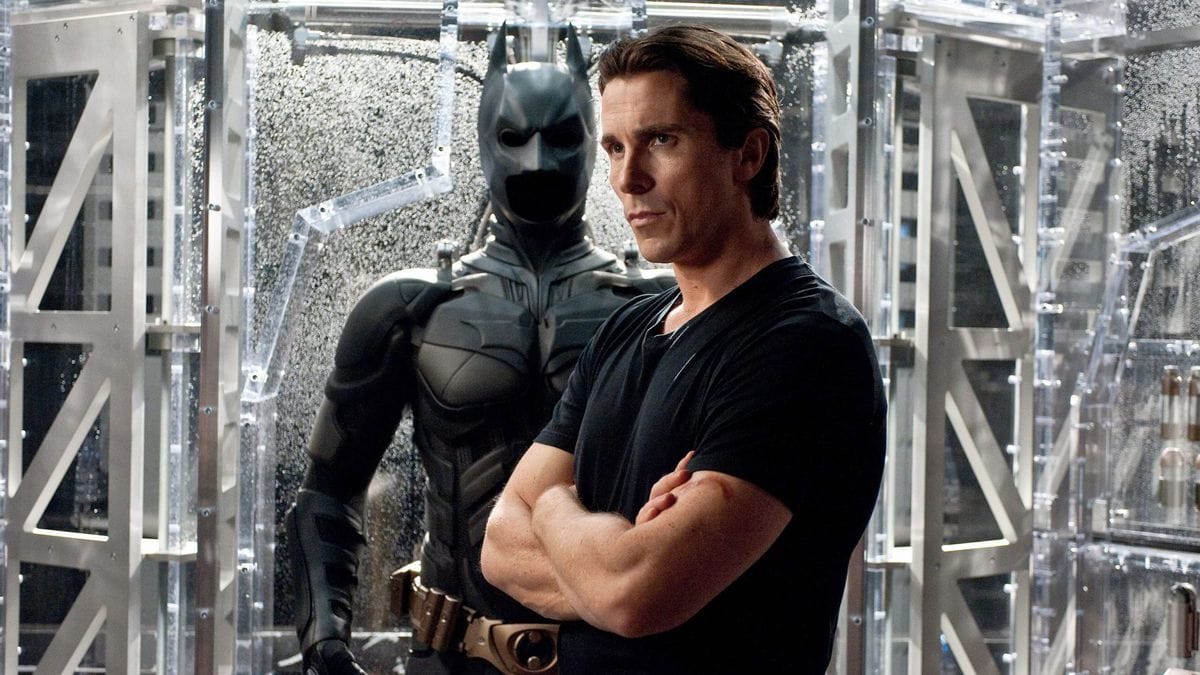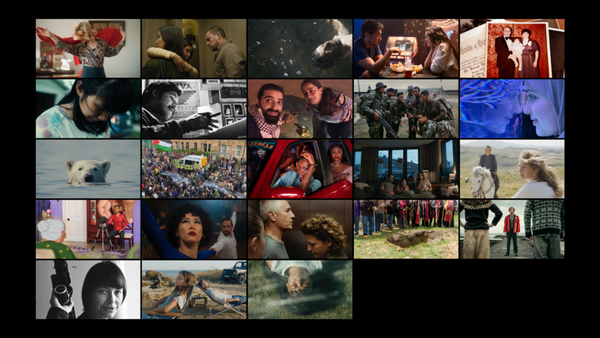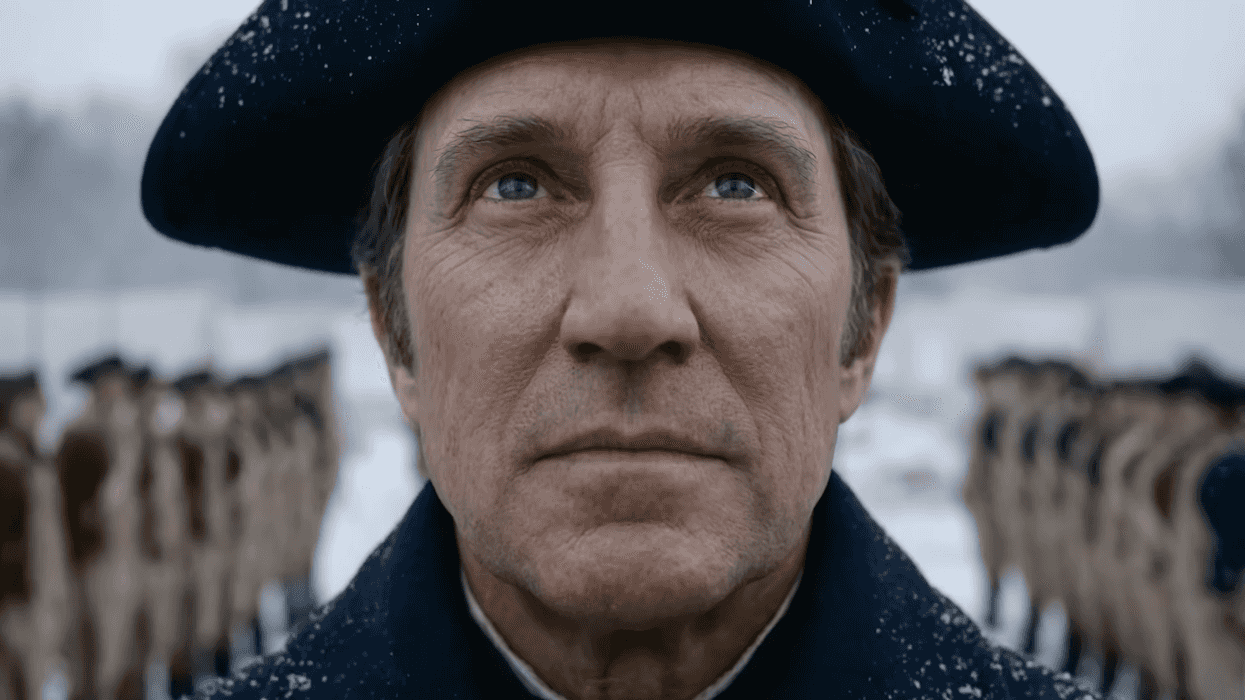Re-Assessing The Dark Knight in IMAX
Taking another look at Christopher Nolan's classic 15 years later.

The first time I saw The Dark Knight was 15 years ago at the IMAX theater in Jordan’s Furniture in Reading, Massachusetts. I was dazzled by the breadth and scope of the set pieces, not to mention how they were implemented via IMAX — I’d never seen IMAX like this, where critical scenes expanded to fill the whole 1.43:1 aspect ratio screen.
Unfortunately, I found certain aspects of the rest of the movie to be a bit muddled. The pacing was all over the place. The movie breathlessly moves from set piece to set piece and the audience often can’t even comprehend the stakes before the thing we’ve ostensibly been building up to is already happening. This is not helped by Nolan’s dialogue, which has never been particularly naturalistic but in The Dark Knight feels like the epitome of characters serving as placeholders for ideas and philosophies rather than real people. The finale face/off between the two ferries feels shoehorned in, with a commentary on civil liberties that feels so perfunctory as to be incoherent.
This past weekend, the Pacific Science Center in Seattle held a “Christopher Nolan IMAX Film Festival,” and I was able to revisit The Dark Knight again in the format in which it’s intended to be seen. I was curious as to whether I’d experience the same problems I’d felt over a decade ago. Would I appreciate more what the film was trying to achieve? Or would its problems stick out even more to me now?
Overall, I had an incredible time at the theater and would strongly recommend you watch The Dark Knight in True IMAX if the opportunity ever arises. As for my issues with the film, I found that while the movie has stayed the same (as have my complaints about it), I’ve changed, as has the world around me.
While The Dark Knight set the tone for the DC Universe, it was really Iron Man (which came out in the same year) that would come to define the next era of moviemaking. Superheroes didn’t have to be just gritty and dark; they could crack quips, while living in and visiting colorful worlds. I think visual effects are a critical part of the industry (and they’re used frequently in The Dark Knight!), but I’ve also found recent superhero films such as Ant-Man and the Wasp: Quantumania, which implement their visuals poorly and weightlessly, are devoid of the excitement I first derived from these movies.
In this context, watching a Nolan-directed superhero film is a breath of fresh air. The reason Nolan movies like The Dark Knight are so well suited for IMAX is because they are a full-body experience. There’s always something to look at; I was never bored. If the storytelling started to wane, I could just admire some spectacular establishing shots. If I was overwhelmed by the images on screen, I could focus on Hans Zimmer and James Newton Howard’s indelible score, which is so loud in IMAX as to shake my seat.
But above all of this, I was impressed with how much care was put into the movie. Every set piece was something that was carefully designed to make me feel like it was real and to maximize my emotional reaction to it. Nolan famously loves to get as much “in camera” as possible, meaning that if there’s a scene where a truck flips over in the movie, he’s going to try to make that truck flip over in real life, even if some digital trickery is used for the final shot.
And while I still do have problems with the movie, I’ve come to accept that none of them matter. It's like criticizing The Beatles' Abbey Road or The White Album. Who gives a crap? This is one of the most influential films of our times. It has inspired so many films, so many directors, so many memes, that its cultural relevance is beyond reproach. It has some of most ambitious action scenes ever put to film, an all-timer performance from Heath Ledger, and countless memorable moments. So what if it has a few problems? To quote Ra's al Ghul, this movie has become "a legend, Mr. Wayne."
It also serves as a unique time capsule, as its story expresses some real anxieties about a post-9/11 America. The movie puts forward the idea that People (with a capital P) need pure and good things to believe in, lest they descend into madness and chaos. And sure, it may be okay to bend civil liberties one time to do something good, but you’d better blow up your surveillance apparatus afterwards or else!
I’ll close by saying this: The Dark Knight’s take on the Joker feels totally prescient. A villain who doesn’t care about propriety or process but instead will take innocent hostages and destroy everything in their wake, like nothing really matters? If only such people were confined to movies and not, say, in charge of a major U.S. political party.
I also wrote about this film on Letterboxd, where certain portions of the above are drawn from.
Thanks for reading! Consider subscribing?
Other Stuff David Chen Has Made
- Over on Decoding TV, Kim Renfro and I continue to cover the final season of Succession. This week: A memorable investor presentation ends unpredictably. We’re also posting highlights of our chats on YouTube.
- On The Filmcast, we reviewed Evil Dead Rise.
- On Decoding TV’s podcast feed, I’ve launched a new podcast called This Week In Streaming where we talk about a new streaming show that’s coming out each week. Last week we covered the first few episodes of Dead Ringers and this week we’ll be checking out Mrs. Davis on Prime Video.
- On Tiktok and Instagram, I shared my initial non-spoilery thoughts on Guardians of the Galaxy Vol 3.
@davechenskyMy #nonspoiler #nonspoilerreview of #guardiansofthegalaxyvol3. #guardiansofthegalaxy #mcu

Tiktok failed to load.
Enable 3rd party cookies or use another browser



